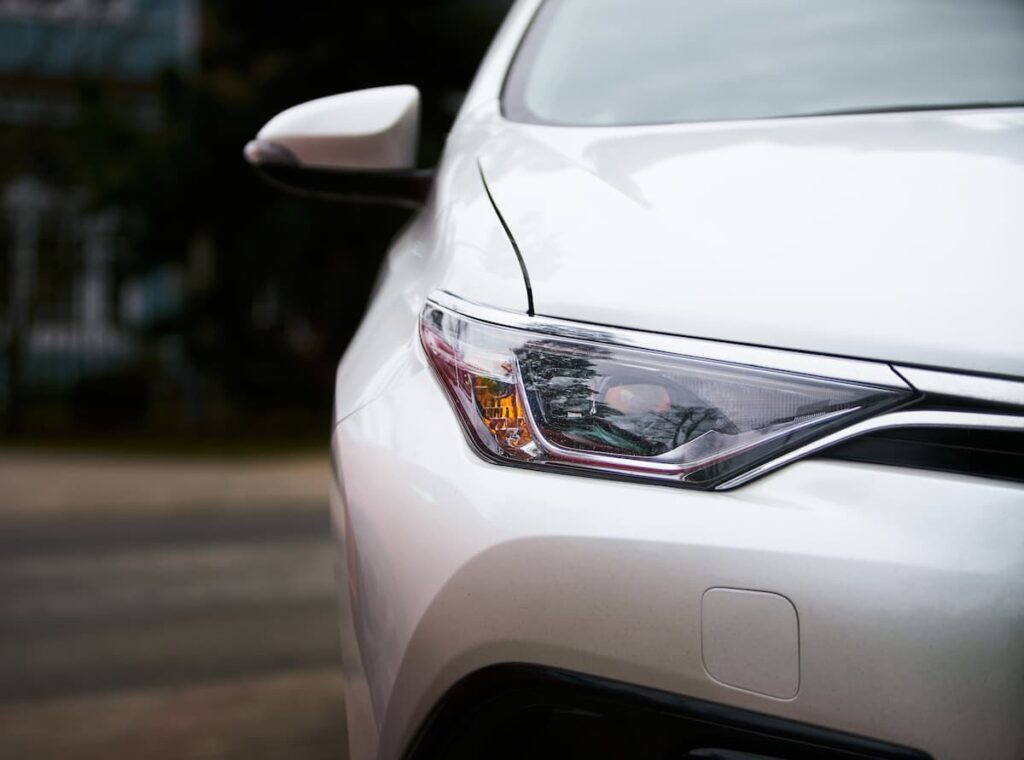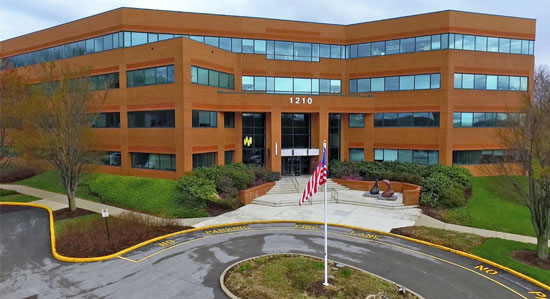Pennsylvania Headlight Laws

Understanding Pennsylvania’s headlight laws is integral for drivers who want to comply with state traffic regulations and avoid fines. These laws cover key aspects such as proper headlight usage and restrictions on blue headlights. For legal guidance on vehicle lighting requirements, Flager & Associates offers reliable expertise to help ensure compliance and road safety.
Overview of Pennsylvania Headlight Laws
Pennsylvania’s headlight laws promote road safety by making vehicles more visible and helping drivers navigate various conditions with better clarity. These regulations help reduce accidents and protect everyone on the road.
Rules include when headlights must be used, such as during certain times of day or in specific weather conditions. Additionally, the regulations specify the importance of maintaining functional vehicle lighting systems, as defective or improperly used lights can lead to citations and safety hazards. The law also outlines which types of headlights are allowed, focusing on color and brightness to avoid distractions and maintain clear visibility.
Knowing these rules helps drivers stay compliant and avoid fines.
When to Use Headlights
Pennsylvania law mandates the use of headlights to enhance road safety. Drivers must switch on their headlights from sunset to sunrise and during any weather conditions that limit visibility, such as rain, snow, fog, or smoke. If visibility drops below 1,000 feet or if windshield wipers are in use due to weather, headlights are required. Compliance with these regulations ensures that drivers maintain a clear line of sight while also making their vehicles more visible to others on the road. Neglecting these requirements could compromise safety, leading to potential hazards or penalties.
Types of Legal Headlights
The state specifies that vehicles should use standard white or yellow headlights, which provide clear visibility without causing glare. Restrictions are in place to prevent the use of overly bright or colored lights, which can distract other drivers. Headlights must adhere to specific brightness levels, and modifications like tinted covers are generally not allowed. Knowing these guidelines helps ensure vehicles are equipped with legal lighting.
Is it Illegal to Have Blue Headlights in Pennsylvania?
Blue headlights are typically illegal in Pennsylvania, except for emergency vehicles. If you are a volunteer firefighter, volunteer search and rescue member, or dog handler who assists with trafficking cases, you may be permitted to have blue lights on your vehicle. However, you must have first notified the Pennsylvania State Police of this fact, and they can only be used while en route to an emergency.
The law requires that regular residents have headlights that emit white or yellow light to maintain safety and consistency. Blue lights, often from high-intensity discharge (HID) lamps, can be distracting and pose a risk to other drivers. The prohibition on blue headlights aims to reduce glare and maintain uniform visibility standards. Non-compliance can result in penalties, stressing the importance of using approved lighting.
Pennsylvania Vehicle Lighting Laws: Additional Considerations
Pennsylvania’s vehicle lighting laws also cover taillights and turn signals. Functional taillights must be visible from at least 1,000 feet to alert other drivers. Turn signals are essential for indicating lane changes and turns, helping prevent accidents. Regular maintenance of these systems helps keep them functioning properly and meeting regulations. Routine checks can prevent fines and improve road safety.
Use the Correct Headlights for Vehicle Safety
Complying with Pennsylvania’s headlight and vehicle lighting laws helps promote safe driving and prevents potential legal complications. Knowing when to use headlights, the approved types, and restrictions on colors like blue ensures your vehicle aligns with state regulations. Regular maintenance of taillights and turn signals also plays a crucial role in road safety. For expert legal assistance with these regulations, Flager & Associates provides reliable guidance. Contact us here to learn more and keep your vehicle in compliance with Pennsylvania traffic laws.
Image credit: OlegRi / Shutterstock

